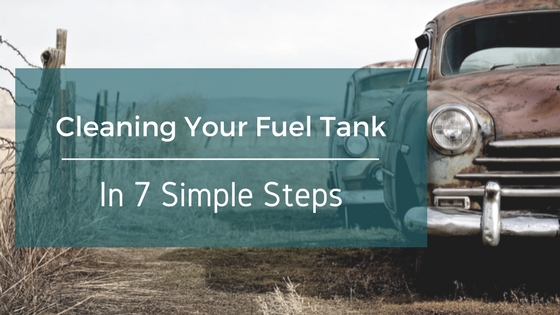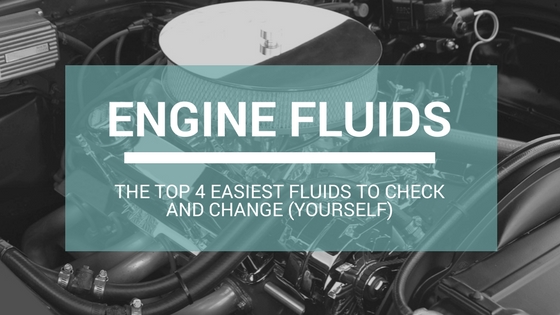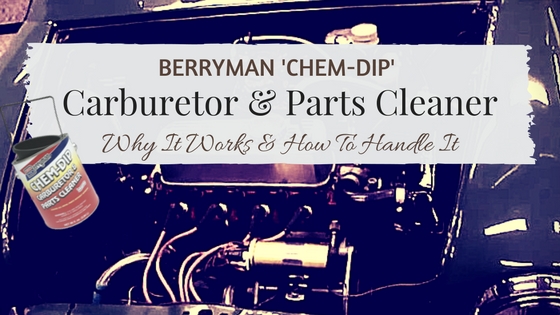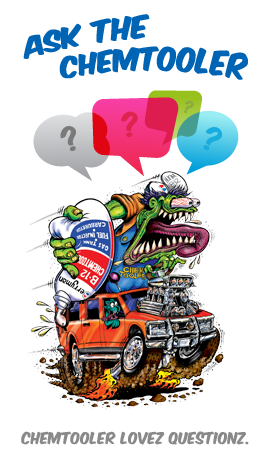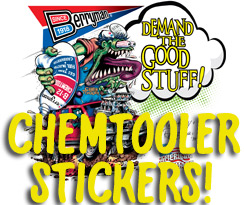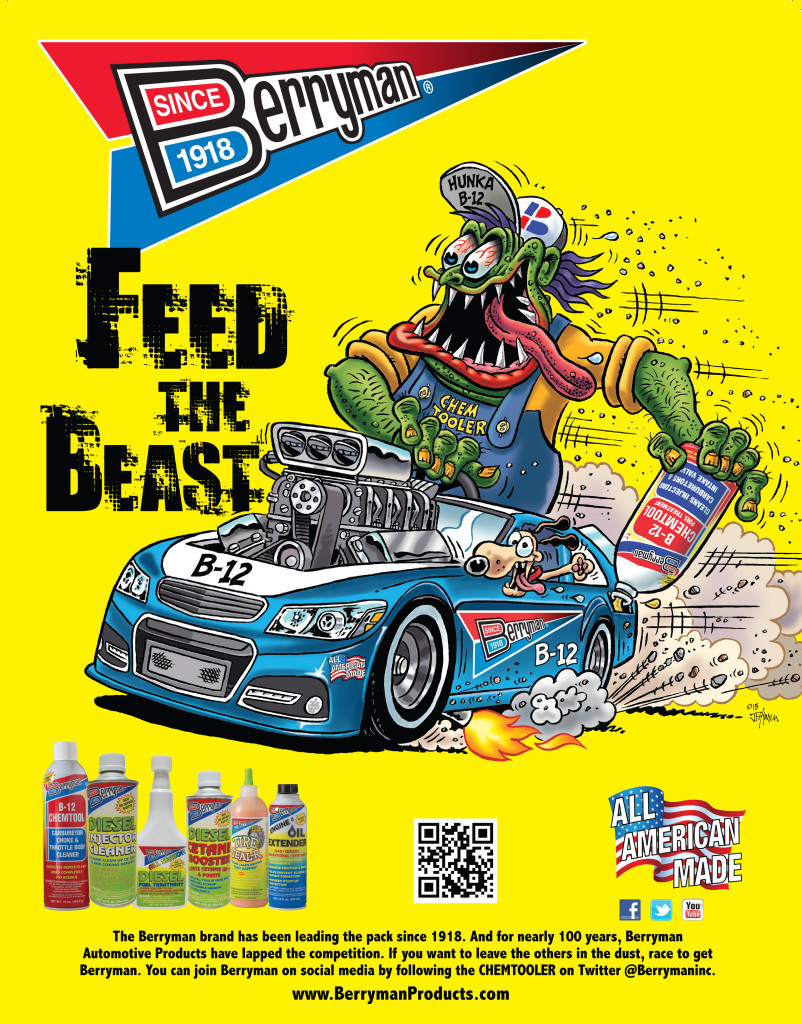One of the main causes of fuel pump and fuel filter failure has to do with the gas tank. If you think about it, thousands of gallons of gas go through your tank every year. It’s inevitable that some debris and sediment will end up in the tank, and rust will most likely develop as well. Cleaning your gas tank from time to time is an important task to help prolong the life of not only your fuel filter, but your engine overall.
Cleaning Your Fuel Tank In 7 Simple Steps
What’s The Difference Between 2-Stroke & 4-Stroke Engines?
Automotive engines have transformed over the years, but two main gasoline powered combustion engine designs remain: the 2-stroke and the 4-stroke. While we’re sure you’ve at least heard these terms before, do you really know the difference between them? How do they work, and which is better? Read on to learn the answers!
Engine Fluids: The 4 Easiest Fluids To Check and Change (Yourself)
One of the most important ways to help your vehicle live a long and happy life is through basic maintenance of its fluids. Regardless of your engine knowledge, anyone who can lift the hood of their car can check most of the fluids. Let’s break down which of these you can easily check and change yourself, and how to do so.
How to Clean and Detail Your Vehicle Like a Pro (From The Inside Out)
Keeping your vehicle’s appearance top-notch is more than just an issue with vanity – it’s also imperative to helping maintain its value. Professional car detailers do an amazing job, but they also make your wallet want to run and hide. We’ve rounded up the best secrets of the biz, so you can D.I.Y. your car detailing, and give your bank account a break.
Berryman Chem-Dip Carburator & Parts Cleaner: Why It Works and How to Handle it.
Berryman Chem-Dip Carburetor & Parts Cleaner is a highly effective product for cleaning carburetor parts and also throttle bodies. It removes gum, varnish, fuel residue, and other deposits. The fast-acting formula works in 15-30 minutes without the need for heat, aeration, or agitation. It is safe for use with most plastic and metal parts, including steel, aluminum, and their alloys. However, it needs to be handled carefully. Read on to learn the best protocol for preventing and dealing with spills.

